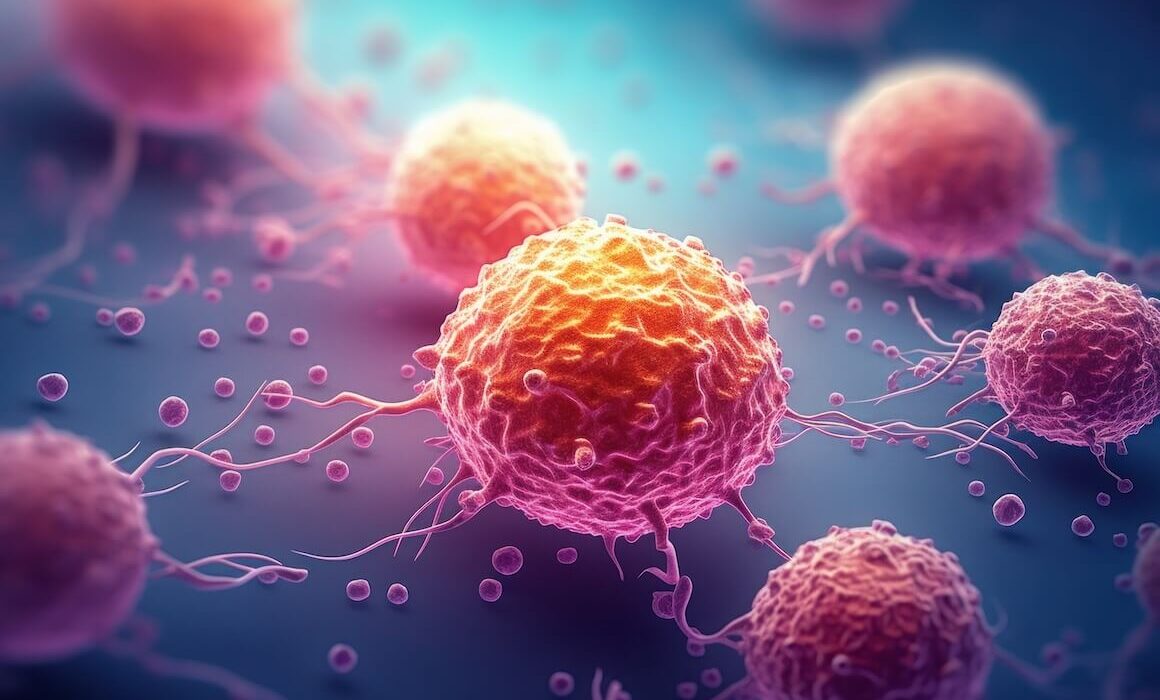Multiple myeloma is the second most common cancer that impacts blood cells. It primarily affects people in their mid-60s or older. Over time, patients become resistant to current treatment drugs that are initially effective.
That’s why UB-Therapeutics, a company founded and run by Technion alumni and faculty, is working on a new drug. Existing drugs target proteasomes, which maintain cellular function. The new drug aims to inhibit proteasome activity in cancer cells by binding to ubiquitin, a small regulatory protein found in most tissues.
“By leveraging the cell’s own natural processes, we aim to develop a more selective and effective treatment strategy that minimizes harm to healthy cells while efficiently eliminating diseased cells,” explained UB-Therapeutics CEO Dr. Dima Ghannam-Shahbari, who earned an M.S. and Ph.D. in medical science from the Technion.
The basic functions of ubiquitin and the components of the ubiquitylation pathway were elucidated in the early 1980s at the Technion by Professors Aaron Ciechanover and Avram Hershko, and the late Dr. Irwin Rose of the Fox Chase Cancer Center for which the Nobel Prize in Chemistry was awarded in 2004.
UB-Therapeutics, founded by Ashraf Brik, a Technion professor in and alumnus of the Schulich Faculty of Chemistry, expects to begin human trials within three years.
